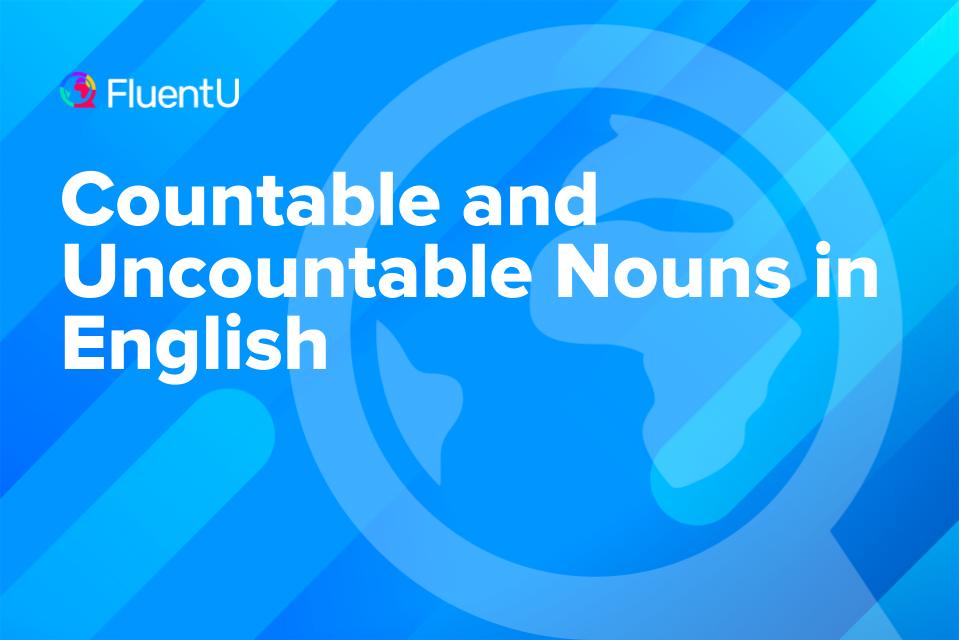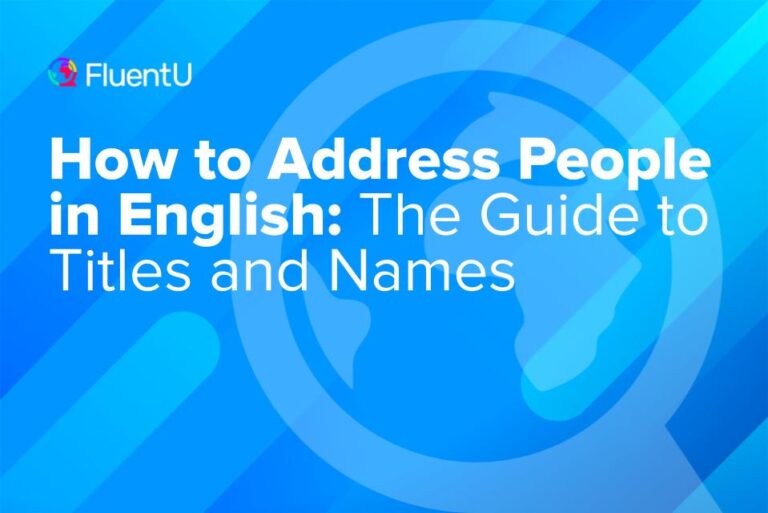Countable and Uncountable Nouns in English

Countable nouns are specific items that can be counted individually, such as “apples” or “dogs.” Uncountable nouns, on the other hand, represent something as a whole, like “music” or “sand” and are not counted as separate units.
Read on to learn more about the differences between countable and uncountable nouns. You’ll also find examples and resources for perfecting your noun skills.
Download: This blog post is available as a convenient and portable PDF that you can take anywhere. Click here to get a copy. (Download)
Countable Nouns
A countable noun, as the name suggests, is a noun that can be counted or numbered. It can also be turned into a plural. Often countable nouns refer to things or objects that we can see, feel or touch (but not always!).
For instance:
- vegetables
- toys
- cars
- chairs
- books
- countries
- oceans
- days
- rooms
- friends
- stars
- people
- children
- ideas
If you aren’t sure if a noun is countable or not, ask yourself if you can place a number right before it. Since all countable nouns can be expressed in terms of a number, they all have singular and plural forms.
For instance:
There are five red cars on the road.
She’s carrying three eggs in a basket.
Two people are standing outside the gate.
Only one sandwich is left.
In their singular form, these nouns usually have an article (“a,” “an” or “the”), or the number “one” before it.
For example:
An apple a day keeps the doctor away.
A century (100 years) has already passed.
Similarly, their plural forms usually have a number before it or are preceded by words like “few,” “many,” “several” and so on.
For example:
Eight out of 10 apples were rotten.
There are a few girls in the class.
How many countries have you visited?
Several centuries have passed.
Most objects around us, as well as collective nouns (such as teams, groups and bands), are countable nouns.
Uncountable Nouns
Uncountable nouns are nouns that can’t be counted, or rather, which can’t be directly expressed in terms of numbers. Often, uncountable nouns also refer to abstract nouns.
For example:
- sunshine
- information
- travel
- work
- time
- money
- magic
- furniture
- knowledge
- happiness
- jealousy
- justice
- advice
- luck
Here are examples of how they look in a sentence:
We all seek happiness in our lives.
She makes a lot of money.
His success as a movie star is a result of his hard work, rather than his luck.
My kids find it relaxing to play with clay.
Certain materials are uncountable nouns, like:
- silk
- satin
- concrete
- sand
- clay
Some food or drink items are also uncountable nouns, such as:
- water
- tea
- coffee
- milk
- rice
- flour
- fruit
You’ll also notice that most uncountable nouns don’t have a plural form. So, to express the amount or quantity, such nouns are often used with words like “some,” “much,” ” a lot” and so on.
For instance:
Can I borrow some milk to bake the cake?
His mother has placed much hope in him.
A lot of effort is needed to finish this task.
How to Turn an Uncountable Noun into a Countable Noun
If you want to express an uncountable noun in terms of exact numbers or measurements, you need to add a countable noun before it that is used to specify amounts.
For example:
- cup
- glass
- bottle
- can
- piece
- slice
Take a look at the following examples:
Can I have some water?
Yes, there’s a glass of water on the table.
Is there any cheese in the fridge?
Yes, there are three slices of cheese still left.
She gave me some terrible advice about my love life!
Really? When I spoke to her, I came away with at least two pieces of good advice.
However, for certain tricky words, it depends entirely on the context. You have to study the sentence carefully to know if the noun is countable or not.
For instance:
The floor is covered with loose hair. (uncountable)
A stray hair clung to her sweaty face. (countable)
The hotel has 20 rooms. (countable)
Is there room for me on the bus? (uncountable)
And sometimes, an abstract noun can be used as a countable noun.
Only the truth can set you free. (uncountable)
There are two truths in this story. (countable)
Helen’s beauty can’t be surpassed. (uncountable)
What are you two beauties doing here by the pool? (countable)
If you’re confused if a noun is countable or not, look for articles (“a” or “the”) or words like “some,” “few” and “many” to figure it out. And if there are none, then they’re probably uncountable nouns.
Differences Between Countable and Uncountable Nouns
To summarize, countable nouns…
- can be expressed with numbers
- have singular and plural forms
- can have a numeral or an article before it
- can be preceded by words like “few,” “many” and “several”
And uncountable nouns...
- can’t be directly expressed with numbers
- usually don’t have a plural form
- can have words like “some,” “much” and “a lot” before them
- can be preceded by a number and a countable noun
Resources for Practicing Countable and Uncountable Nouns
To test your understanding of countable and uncountable nouns, there are plenty of online exercises that can help you keep track of your progress.
- Perfect English Grammar: Brush up on nouns before moving on to countables and uncountables.
- AgendaWeb: Focus purely on countable and uncountable nouns.
- FluentU: See nouns and other aspects of English in use naturally through short videos embedded with learning tools.
FluentU takes authentic videos—like music videos, movie trailers, news and inspiring talks—and turns them into personalized language learning lessons.
You can try FluentU for free for 2 weeks. Check out the website or download the iOS app or Android app.
P.S. Click here to take advantage of our current sale! (Expires at the end of this month.)

- MyEnglishPages: Take short quizzes. For each sentence, choose whether the nouns are countable or uncountable.
By now, the differences between countable and uncountable nouns should be clear to you.
Try to reread the differences between countable and uncountable nouns to memorize them and then test your understanding with the practice exercises I’ve listed above.
It’s okay if you make mistakes in the beginning. Just keep practicing regularly and you’re sure to make a lot of progress!
Download: This blog post is available as a convenient and portable PDF that you can take anywhere. Click here to get a copy. (Download)
And One More Thing...
If you like learning English through movies and online media, you should also check out FluentU. FluentU lets you learn English from popular talk shows, catchy music videos and funny commercials, as you can see here:
The FluentU app and website makes it really easy to watch English videos. There are captions that are interactive. That means you can tap on any word to see an image, definition, and useful examples.
For example, when you tap on the word "searching," you see this:
Learn all the vocabulary in any video with quizzes. Swipe left or right to see more examples for the word you’re learning.

FluentU helps you learn fast with useful questions and multiple examples. Learn more.
The best part? FluentU remembers the vocabulary that you’re learning. It gives you extra practice with difficult words—and reminds you when it’s time to review what you’ve learned. You have a truly personalized experience.
Start using the FluentU website on your computer or tablet or, better yet, download the FluentU app from the iTunes or Google Play store. Click here to take advantage of our current sale! (Expires at the end of this month.)











